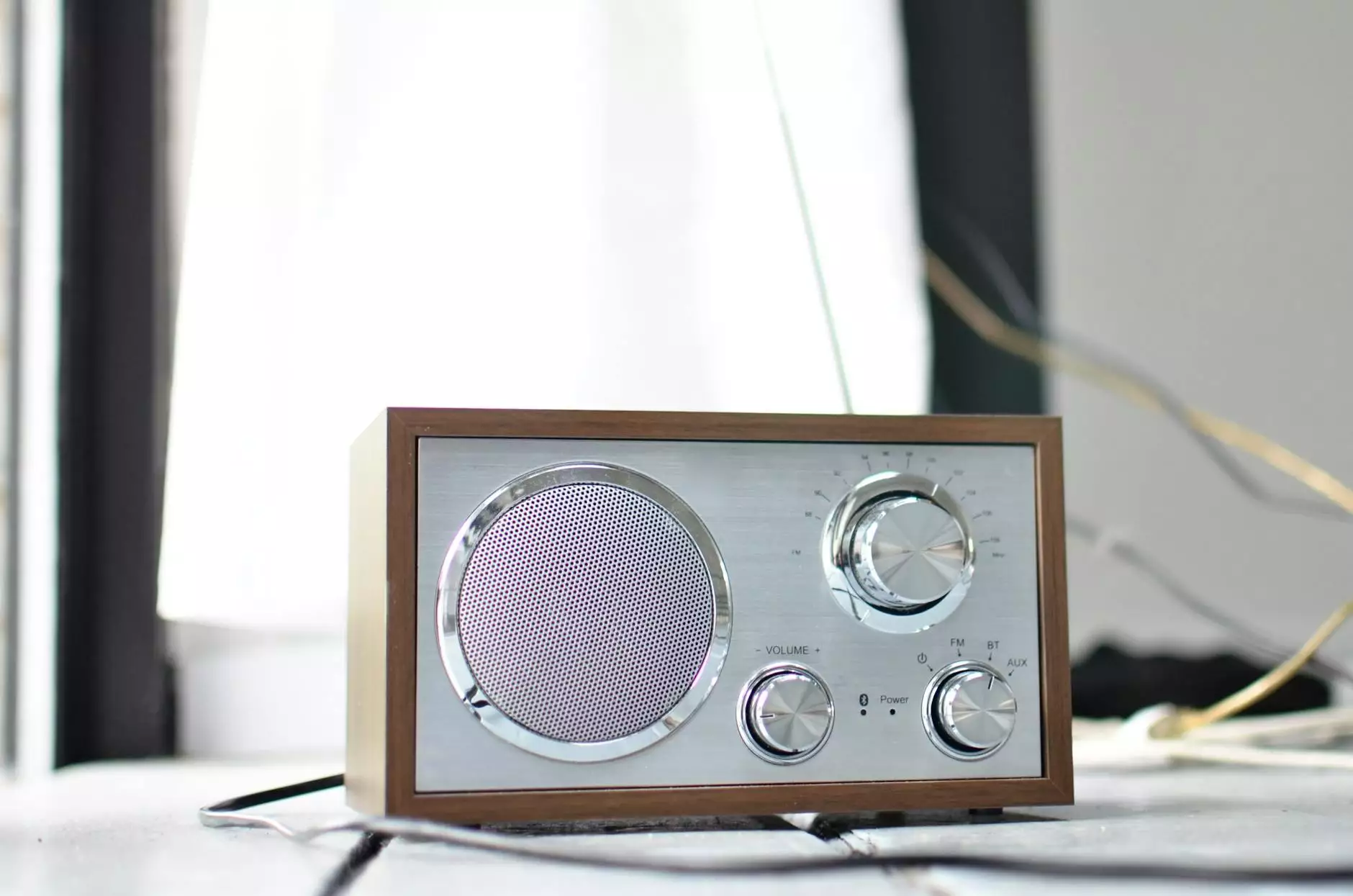Understanding Callus Treatment in Singapore

Every day, countless individuals in Singapore face the plight of calluses—thickened patches of skin that develop as a protective response to friction and pressure. While they often serve a functional purpose, unsightly and uncomfortable calluses can significantly impact one’s quality of life. In this comprehensive guide, we will delve into the intricacies of callus treatment in Singapore, empowering you with knowledge to make informed decisions about foot care.
What are Calluses?
Calluses form as a natural defense mechanism of the skin against repetitive stress. They can appear on various parts of the body but are most commonly found on the soles of the feet. Understanding how and why calluses develop is crucial for effective treatment.
- Causes: Calluses typically arise from consistent friction, such as that caused by ill-fitting shoes, excessive walking, or certain occupations that require standing for prolonged periods. Other contributing factors can include:
- Flat feet or high arches
- Wearing shoes without adequate support
- Sweating excessively (hyperhidrosis)
- Medical conditions such as diabetes or arthritis.
Signs and Symptoms of Calluses
Identifying calluses is relatively straightforward. Look for:
- Thickened, hardened areas on the skin, typically yellowish in color
- Pain and discomfort in the affected area, especially when pressure is applied
- Dryness and flakiness around the callused area
Importance of Treating Calluses
While calluses can often be benign, neglecting them can lead to more serious issues, including:
- Infection: Cracks in the callused skin can allow bacteria to enter, leading to more severe skin infections.
- Foot pain: Chronic calluses can alter your gait, causing pain in other areas such as the knees, hips, and back.
- Complications for diabetics: Individuals with diabetes should be particularly cautious, as calluses can lead to ulcers and other complications.
Effective Callus Treatment Options in Singapore
When it comes to callus treatment in Singapore, a variety of options are available, ranging from home remedies to professional interventions. Let's explore these treatments in detail:
Home Remedies
Many individuals opt to treat calluses at home using safe and effective remedies. Some popular methods include:
- Soaking and Exfoliating: Regularly soak your feet in warm, soapy water to soften calluses. After soaking, use a pumice stone or foot file to gently remove the thickened skin.
- Moisturizing: Applying a thick moisturizer or foot cream containing ingredients like urea or salicylic acid can help break down tough skin over time.
- Protective pads: Using over-the-counter callus pads can provide relief from pressure and friction while promoting healing.
Professional Treatments
If home remedies do not produce satisfactory results, consulting with a podiatrist is a wise choice. Professional treatment options include:
- Cryotherapy: A technique that involves freezing the calluses, causing them to fall off over time.
- Laser treatment: Non-invasive laser procedures can effectively target and remove calluses.
- Debridement: A podiatrist can use sterile instruments to precisely remove the hardened skin.
The Role of Podiatrists in Callus Treatment
Podiatrists play a critical role in managing foot health. If you're struggling with calluses, a qualified podiatrist in Singapore can:
- Provide a thorough assessment of your foot structure and gait.
- Offer tailored treatment plans based on your unique needs.
- Advise on proper footwear to help prevent future callus formation.
Preventing Calluses: Foot Care Tips
Preventing calluses is just as important as treating them. Here are some expert foot care tips to help keep your feet healthy:
- Choose the right footwear: Always select shoes that fit correctly and provide adequate support.
- Maintain foot hygiene: Regularly wash and dry your feet, paying special attention to the spaces between your toes.
- Moisturize: Daily application of lotion can prevent dry skin and reduce the risk of calluses developing.
- Foot exercises: Engage in exercises to strengthen your foot muscles and improve flexibility.
When to Seek Professional Help
While some calluses can be managed at home, knowing when to seek professional help is vital. You should consult with a podiatrist if:
- Calluses become painful or show signs of infection (swelling, redness, pus).
- You have diabetes or other underlying health conditions affecting foot health.
- Home treatment options do not improve your condition within a few weeks.
Conclusion
In conclusion, understanding and effectively treating calluses is essential for maintaining overall foot health. With the right knowledge and strategies, you can effectively manage this common issue. In Singapore, both home remedies and professional treatments are available to help you regain comfort in your feet.
For more specialized care, consider seeking out a qualified podiatrist at The Foot Practice, where expert foot care solutions are just a consultation away. Remember, investing in your foot health today can lead to a more active and enjoyable tomorrow!
callus treatment singapore








